What is the Full Form of DCGIDCGI: Drugs Controller General of IndiaDCGI stands for Drugs Controller General of India. The DCGI (Drugs Controller General of India) oversees the Central Drugs Standard Control Organization (CDSCO) of the Indian government. In India, licenses are granted by the DCGI for several different drug categories. They consist of Sera, IV fluids, vaccinations, and blood and blood products. The Drugs Controller General of India (DCGI), who is in charge of the Central Medications Standard Control Organization, is in charge of approving licenses for a variety of kinds of pharmaceuticals, including blood and blood products, IV fluids, vaccines, and sera (CDSCO). 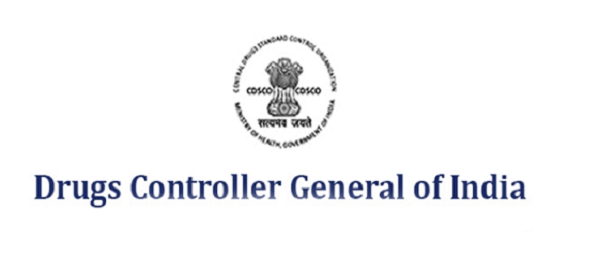
Additionally, the DCGI creates rules for manufacturing, importing, and distributing pharmaceuticals in India. Additionally, DCGI establishes medication production, distribution, sales, and import requirements in India. Dr.VG Somani is the current Drugs Controller General of India. Functions
According to the Drug and Cosmetics Act, State authorities are primarily responsible for regulating drug manufacture, sale, and distribution, while the Central Authorities are in charge of all other tasks. The Central Authorities approve new drugs, carry out clinical trials across the country, set drug standards, observe the quality of imported drugs, coordinate the efforts of State Drug Control Organizations, and provide professional guidance. The General Directorate of Health Services oversees the Central Drugs Standard Control Organization, which has its headquarters at FDA Bhawan on Kotla Road in New Delhi. The Defence Research and Development Organization (DRDO Institute) of Nuclear Medicine and Allied Sciences (INMAS) has worked with Dr. Reddy's Laboratories (DRL), Hyderabad, to find a therapeutic use for the anti-COVID-19 medication 2-deoxy-D-glucose (2-DG). Results of clinical trials have demonstrated that this chemical promotes quicker healing in hospitalized patients and lessens reliance on supplementary oxygen. A greater proportion of 2-DG-treated COVID patients had RT-PCR conversion that was negative. COVID-19 patients will greatly benefit from the medication. GovernanceOn August 14, 2019, the government appointed Dr. VG Somani as India's Drug Controller General (DCGI). S Eswara Reddy, the temporary DCGI appointed in February 2018, was followed by Dr. VG Somani. The Central Drugs Standard Control Organization (CDSCO), which DCGI leads, guarantees the quality of medicines and cosmetics sold in India. Its duties also include approving new medications and controlling clinical studies. CDSCO Zonal OfficeThe Central Drugs Standard Control Organization (CDSCO) also has multiple Sub-Zonal offices and Port offices in addition to its zonal offices in Mumbai, Kolkata, Chennai, Ghaziabad, Hyderabad, and Ahmedabad. These offices work closely with the state control administration to ensure uniform enforcement of the Drug Act. 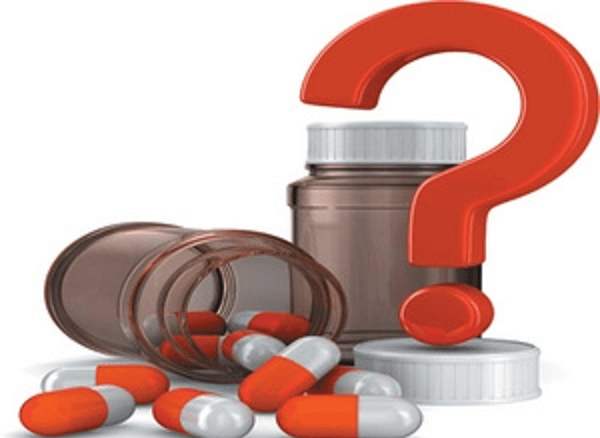
India's Drug Controller GeneralThe Central Drugs Standard Control Organization is overseen by the Drug Controller General of India (DCGI) (CDSCO). The primary drug authority in India is called CDSCO. The national regulatory body CDSCO is housed in the Ministry of Health and Family Welfare. Its main office is in New Delhi. Under CDSCO, there are six operational central drug testing laboratories. The DCGI also sets standards for the production, sale, import, and export of and distribution throughout India. The DCGI likewise governs medical and pharmaceutical equipment. The DCGI is the appellate authority in disagreement over the drug's quality. The DCGI develops and updates the national reference standard for medications. The general makes ensuring that the Drugs and Cosmetics Act is implemented consistently. He is in charge of instilling the necessary skills in drug analysts sent by state drug control laboratories and other organizations. 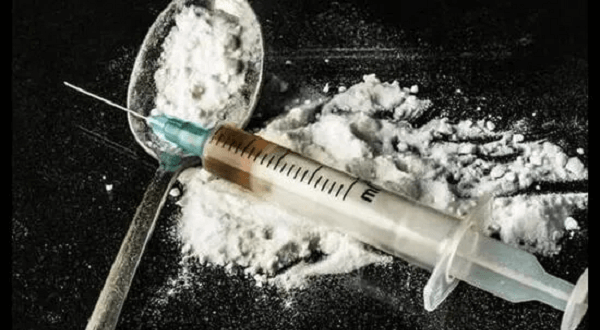
He is also in charge of analysing the samples of cosmetics that the CDSCO sends out for surveys. For medical devices covered by the 2017 Medical Device Rules, the DCGI serves as the primary licensing body. Roles of the DCGIThe following are the duties of the DCGI:
What Got DCGI in News?Through a notification dated August 27, the Central Government established an 8-member group to draught new medication, cosmetics, and medical device rules. Dr. V.G. Somani, the DCGI, is the chairman of the eight-person group. By November 30, 2021, the panel was expected to review the earlier bills and submit a draft. But Dr. Somani requested one, and the Central Government gave it to him. The writing of the draught is still ongoing. 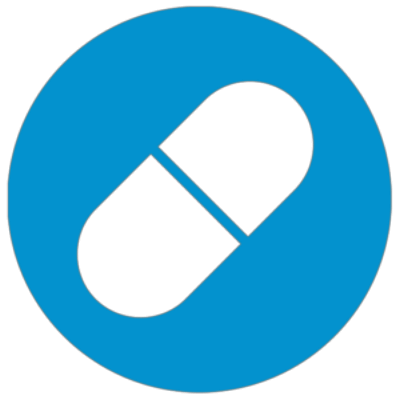
India's DCGI at the MomentSomani took over for Dr. S. Eswara Reddy, who had served as DCGI on an as-needed basis. Before being appointed as DCGI, Dr. V.G. Somani was employed by CDCSO as the Joint Drugs Controller (India). At Nagpur University in India, Dr. V.G. Somani earned his M. Pharm. and Ph.D. in Pharmaceutical Sciences. As a Joint Drugs Controller, he was responsible for regulating medical devices, in-vitro diagnostics, stem cells, blood products, and new drugs (India). Before this, he spent years heading up the departments of biologicals, clinical trials, new drugs and cosmetics, and enforcement. Dr. Somani actively participated in national and international policymaking, training, and selection forums for many years. The national regulatory organization in India for pharmaceuticals and medical devices is the Central Drugs Standard Control Organization (CDSCO). It has functions similar to those of the European Medicines Agency of the European Union, the PMDA of Japan, the Food and Drug Administration of the United States, and the Medicines and Healthcare products Regulatory Agency of the United Kingdom. The government has declared its intent to place all medical devices, including implants and contraception, under the control of the Drugs Controller General of India (DCGI). However, the medical device rule will only cover some tools and equipment with IVD. Using, for instance, reagent-free micro cuvette technology based on hemoglobinometers, which is the disposable plastic product category that is only used for sample collection and is not covered by Class II IVD Medical device regulations. 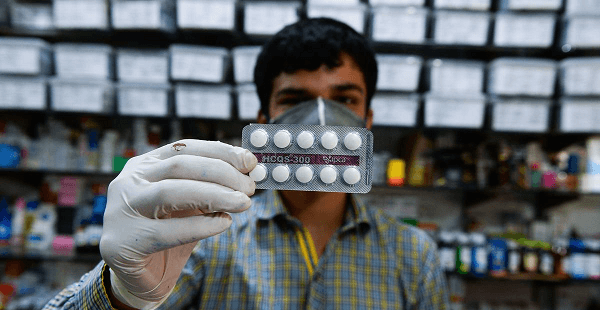
It has zonal offices that conduct pre- and post-licensing inspections, post-market surveillance, and recalls as necessary. Manufacturers who work with the authority must appoint an Authorized Indian Representative (AIR) to act on their behalf in all communications with the DCGI in India. An organization that regulates drugs and medical devices, similar to the FDA in the US, The DCGI is in charge of clinical trials, offering expert opinions on medical matters and upholding the Medications and Cosmetics Act. It also controls the manufacture, approval, and sale of medical equipment and drugs in India. The Indian regulating body is called the Drugs Controller General of India (DCGI). Principal RegulationsThe following are a few of India's most significant medical device regulations:
According to the statement, In continuation to office order dated 16.08.2022, The Central Drugs Standard Control Organization (CDSCO), responsible for ensuring that high-quality medications are supplied throughout the nation, is led by the DCGI. Additionally, it can control clinical trials and approve new medications. Explanation: Following the Drugs and Cosmetics Act of 1940 and Rules of 1945, importers must obtain DCGI permission in Form 45. They will ease the three years of Manufacturing & Market Standing condition if approval in Form 46 from DCGI has been obtained. This rule only applies to products that DCGI was licensed less than two years ago and are regulated. The rules of the Drugs and Cosmetics Act of 1945 shall apply. Namely, Rule 122 E, for all regulated products, the bidder must have at least two years of manufacturing experience. For each regulated product listed in the tender, the manufacturer must have marketing expertise for the specific products. To this end, all newly regulated items must get DCGI permission. ConclusionPrime Minister Shri Narendra Modi's call for pandemic preparedness prompted the DRDO to create a 2-DG anti-COVID therapeutic usage. This chemical effectively fights the SARS-CoV-2 virus and suppresses viral growth. With assistance from the Centre for Cellular and Molecular Biology (CCMB), Hyderabad, INMAS-DRDO researchers carried out laboratory investigations in April 2020, during the first wave of the pandemic.
Next TopicFull Form
|
 For Videos Join Our Youtube Channel: Join Now
For Videos Join Our Youtube Channel: Join Now
Feedback
- Send your Feedback to [email protected]
Help Others, Please Share










